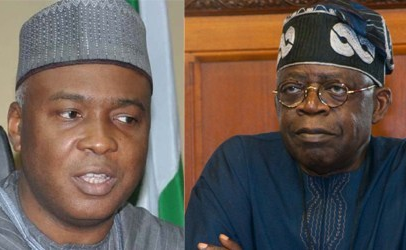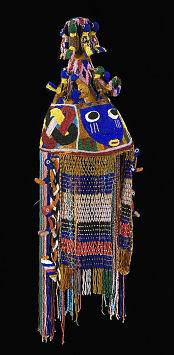By Adedara Oduguwa Ph.D
18/07/2019

What is today known as corruption in Nigeria can be traced to the early days of 1979. Nigerians had high hopes in electing a new leader as promised by the most decent, patriotic and straight-forward military head of state, Brigadier General Murtala Mohamed who was gruesomely murdered on February 13th, 1976 (alongside his Aide-De-Camp, Lieutenant Akintunde Akinsehinwa) by some unruly military boys (led by Lt. Col Buka Suka Dimka) in an unsuccessful Coup d’état and his second in command, General Olusegun Okikiola Aremu Obasanjo fulfilled that promise. Today, score of the people applaud him for that decision. But then, what did he do wrongly?
The 1979 presidential election was keenly contested by Nigeria’s foremost founding fathers. Five major political parties contested the election and by extension in 1983, Nigerian Advance Party (NAP) was added. The party was founded by late Tunji Braithwaite while Prof. Soyinka and Fela Anikulapo Kuti were members. List of 1979 political parties include:
- Greater Nigerian People’s Party (GNPP)
2. National Party of Nigeria (NPN)
3. The Nigerian Peoples Party(NPP)
4. People’s Redemption Party (PRP)
5. Unity Party of Nigeria (UPN) (Source: Chief Obafemi Awolowo: The Political Moses).
Awolowo Obafemi was the leader and Presidential candidate of Unity Party of Nigeria, Nnamdi Azikiwe became Presidential candidate of the Nigerian Peoples Party (NPP), People’s Redemption Party (PRP) was led by Aminu Kano, Greater Nigerian People’s Party (GNPP) was led by Alhaji Waziri Ibrahim who was the genius of NPP’s formation (after being rejected as Presidential candidate and Chairman of NPP went on to establish GNPP) and Shehu Shagari of National Party of Nigeria (NPN). These were the major contenders. Before going into details of the election results, it suffices to remind us that Nigeria was originally amalgamated in 1914 and got her independence on Saturday, October 1st, 1960. It is natural for many to query that history of Nigeria should be traced to the pre-colonial era.
However, for the purpose of this discourse, the writer is only interested in the history of corruption in Nigeria. This article, therefore, will attempt to educate us on the family of corruption; the grandfather, father and children of corruption in the nucleus of Nigeria.
According to a Microsoft dictionary, corruption literarily means ‘lack of integrity or honesty (especially susceptibility to bribery); use of a position of trust for dishonest gain’. In this context, corruption is seen as any form of dishonesty, indecency, deception, brutality, wickedness, tribalism, favouritism, and theft. Additionally, misrepresentation and incompetence qualified to be added to the literature of what corruption truly represents. We need to know that corruption is not limited to stealing money from government, embezzlement and misappropriation but any act of dishonesty, irresponsibility, and or infringement of people’s right.
Back to 1979, the popular musician and activist, Fela Anikulapo Ransome Kuti continually writes songs that exposed stealing in high places. With General Obasanjo as the major culprits. The General ordered for his house (The Kalakuta Republic) to be raised down on February 18, 1977, and in the process, his mother, who happened to also hailed from Abeokuta was thrown down through the window by Obasanjo’s military boys. She eventually died later. The attack was said to be influenced by his new release Zombie, a social satire, which lampooned the Nigerian military regime. One of the lines of the song, in Pidgin English, says, “Zombie no go walk unless you tell am to walk”. That was an act of corruption from General Obasanjo. The very first time such would happen in Nigeria!
The 1979 election was the very first rigged election in Nigeria. The results showed:
1. NPN of Alhaji. Shagari scored 5,668,857 (33.77%) of total vote cast.
2. UPN of Chief Awolowo scored 4,916, 651 (29.18 %) of total vote cast.
3. NPP of Dr. Azikiwe scored 2,822, 523 (16.75 %) of total vote cast.
4. PRP of Alhaji Kano scored 1,732,113 (10.28 %) of total vote cast.
5. GNPP of Alhaji Waziri scored 1,686, 489 (10.02) of total vote cast (Oyediran, 1981).
Interpreting this, the Grade II teacher (Alhaji Shagari) was successfully rigged into power, winning Chief Awolowo with a little over 700,000 votes. Baba Segun went to the tribunal but as it’s the case today, he lost again (since the tribunal is an extension of the ruling class). General Obasanjo’s decision that day was what ‘broke the door of integrity in the electoral body, open door of corruption, ends period of grace and gain in Nigeria.’ He did it just to discredit the best man for the job. A man who was later acknowledged by late Odumegwu Ojukwu as ‘the best president Nigeria never had’ (Chief Obafemi Awolowo). What happened thereafter?
Alhaji Shehu Shagari became Nigeria’s President and ushered Nigeria into corruption. He was the man known for ‘introducing embezzlement and misappropriation into governance’. Need to say that embezzlement and misappropriation are loyal elements of corruption. One politician in the second republic describing this said:
“Shagari’s time was actually the best time for politicians; there was so much to share, the national cake overflowed and everyone had a feel. I think Shagari was overwhelmed by the juice of office, he doesn’t know what to do with it.” _He concluded. I interpreted this statement as a man who didn’t know what to do with resources and was all out misappropriating it!
Eventually, after four years, General Buhari and his boy Tunde Idiagbon used this to hijack power from a democratically elected president. They were not chosen by the people through universal suffrage. They got to power by force, just like their predecessors in the 60s and 70s. They immediately suspended the constitution, human rights, and imprisoned several innocent people. Some of whom bagged 430 years in jail. Buhari/Idiagbon’s (1983-1985) contribution to corruption was ‘violation of human rights’.
Illustrating this, Umaru Dikko a Nigerian Minister of Transport under Alhaji Shehu Shagari was accused of stealing $1billion by Gen. Buhari’s government; he was living in the United Kingdom after Buhari forcefully arrogated power to himself. No doubt, the former minister was one of the most influential members of the cabinet of President Shehu Shagari.
General Buhari had labelled him ‘Nigeria’s most wanted man’ and sent secret agents to the United Kingdom to bring him home to Nigeria for persecution. The plan was to kidnap Dikko, drug him, stick him into a specially made crate and put him on a plane back to Nigeria – alive. Mr. Dikko was eventually captured in the said manner. They got to his private home, injected him, put him in a travelling bag and ready to be parcelled to Nigeria.
Explaining this later to BBC, Mr. Dikko said: “I remember the very violent way in which I was grabbed and hurled into a van, with a huge fellow sitting on my head – and the way in which they immediately put on me handcuffs and chains on my legs…”
Many thanks to the British Customs officer, Charles David Morrow who foiled the exercise. It all happened in 1984 at the Stansted Airport where a Nigeria Airways plane was waiting to freight Dikko. He opened up explaining what transpired:
“The day had gone fairly normally until about 3 pm. Then we had the handling agents come through and say that there was a cargo due to go on a Nigeria Airways 707, but the people delivering it didn’t want it manifested,” Morrow said.
“I went downstairs to see who they were and what was happening. I met a guy who turned out to be a Nigerian diplomat called Mr. Edet. He showed me his passport and said it was diplomatic cargo. Being ignorant of such matters, I asked him what it was, and he told me it was just documents and things.”
“I just put two and two together. The classic customs approach is not to look for the goods, you look for space,” he said.
“So I am looking out of the window and I can see the space which is these two crates, clearly big enough to get a man inside. We’ve got a Nigeria Airways 707, which we don’t normally see. They don’t want the crates manifested, so there would be no record of them having gone through. And there was very little other cargo going on board the aircraft.”_He said.
“If you want to hide a tree, you hide it in the forest. You don’t stick it out in the middle of Essex,” he added.
But any cargo designated as a diplomatic bag is protected by the Vienna Convention from being opened by customs officers. So, Morrow got on the phone to the British Foreign Office.
“To qualify as a ‘diplomatic bag’ they clearly had to be marked with the words ‘Diplomatic Bag’ and they had to be accompanied by an accredited courier with the appropriate documentation.
“It was fair to say they had a Nigerian diplomat – I’d seen his passport – but they didn’t have the right paperwork and they weren’t marked ‘Diplomatic Bag’,” he said.
The decision was taken that the crates could be opened – but it would be done by the book. That required the presence of a Nigerian diplomat, but as Morrow pointed out, one was already on hand. By now, the crates were up on special trolleys ready to be loaded on to the plane.
“Peter, the cargo manager, hit the lid on the bottom and lifted it. And as he lifted it, the Nigerian diplomat, who was standing next to me, took off like a startled rabbit across the tarmac,” Morrow said.
“You have to remember we are on an airfield which is square miles of nothing. He ran about five yards (4.5m), realized no one was chasing him and then stopped. Peter looked into the crate and said: ‘There are bodies inside!’”
He parked a forklift truck so its tines lay across the top of the crate so it couldn’t be opened. Morrow dialled the emergency number 999.
“My name’s Morrow, from Customs at Stansted. We’ve got some bodies in a crate. Do you think you can send someone over,” he recalled saying.
“They said: ‘Alive or Dead?’
“I said: ‘That’s a very good point. I don’t know.’
“They said: ‘We’ll send an ambulance as well.’”
After half an hour, police started to arrive, and they opened the second crate. Inside they found an unconscious Dikko and a very much awake Israeli anaesthetist. Dikko was lying on his back in the corner of the crate.
“He had no shirt on, he had a heart monitor on him, and he had a tube in his throat to keep his airway open. No shoes and socks and handcuffs around his ankles. The Israeli anaesthetist was in there, clearly to keep him alive,” recalled Morrow.
The kidnappers in the other crate were unrepentant. They said Dikko was the biggest crook in the world. The Nigerian intelligence officer and the three Israelis all received prison sentences in the UK. Diplomatic relations between the UK and Nigeria broke down and were only fully restored two years later. Dikko was to later return to Nigeria years later and the allegation against him has never been revisited (Illustration culled from Issue and News Online).
General Buhari (1983-1985) was able to ‘expand the length and breadth of corruption through human rights infringement.’ He succeeded in doing this and not long, General Babangida used this and Nigeria’s poor economy which the Buhari led government plunged the country into an excuse to unseat him and his boys.
General Babangida’s regime (1985-1993) in the history of corruption in Nigeria ‘introduced money-politics and drug trafficking.’ Although his regime was widely acknowledged for the best foreign policy ever in Nigeria, it was Babangida, popularly called IBB or Maradona that actually monetized politics in Nigeria.
Ernest Shonekan (26 August 1993 – 17 November 1993) came in and waited for the next decision to be made for him. He was naïve and rarely ready for governance. He was reportedly working on a time-table to reposition Nigeria to democracy when his own Secretary of Defense and ‘gentleman’, General Sani Abacha overthrew him. All which were shortly after the June 12 election won by Bashorun MKO Abiola was annulled. Shonekan’s regime was referred to as ‘interim’ and that is the best way to describe it. He had only spent some 83 days as Nigeria’s President.
Then came the General of all Generals, General Sanni Abacha (1993-1998). He expanded on General Buhari’s brutality by adding instant killing and expanded the already established human rights abuses by his predecessors to corruption. He had issued a decree that gave his government absolute power and immunity to prosecution shortly after gotten to power. Abacha was involved in the 1966 counter-coup, the 1983 military coup as well as the 1985 coup, and he led the 1993 military coup against the interim government. Abacha’s military legacy is one of successful coup attempts. It should also be on record that almost all Nigerian past head-of-states have served under almost all their predecessors (as ministers, governors, chief of staff among others). One of the notable examples from many on Abacha brutality was the killing of the popular environmental activist, one of the finest Nigerian ever, Ken Saro-Wiwa. What happened in Ken Saro-Wiwa’s case?
“On 21 May 1994 four Ogoni chiefs were brutally murdered. Saro-Wiwa had been denied entry to Ogoniland on the day of the murders, but he was arrested and accused of incitement to them. He denied the charges but was imprisoned for over a year before being found guilty and sentenced to death by a specially convened tribunal. The same happened to eight other MOSOP leaders who, along with Saro-Wiwa, became known as the Ogoni Nine (Pilkington, 2009).
Some of the defendants’ lawyers resigned in protest against the alleged rigging of the trial by the Abacha regime. The resignations left the defendants to their own means against the tribunal, which continued to bring witnesses to testify against Saro-Wiwa and his peers. Many of these supposed witnesses later admitted that they had been bribed by the Nigerian government to support the criminal allegations. At least two witnesses who testified that Saro-Wiwa was involved in the murders of the Ogoni elders later recanted, stating that they had been bribed with money and offers of jobs with Shell to give false testimony, in the presence of Shell’s lawyer (Entine, 2009).
On 10 November 1995, Saro-Wiwa and the rest of the Ogoni Nine were taken from the army base where they were being held to prison in Port Harcourt and executed by hanging by a team of executioners flown in from Sokoto. They were executed one by one, with Saro-Wiwa being the first. It took five tries to execute Saro-Wiwa. His last words were “Lord take my soul, but the struggle continues.” After the executions, the bodies were taken to the Port Harcourt Cemetery under armed guard and buried.”_ Culled from Wikipedia, 2019. Today, Ogoni people still suffer the same faith in environmental degradation. Nothing really has changed. I hope Ogoni Nine didn’t die in vain.
I remembered vividly the day General Abacha’s death was announced in Abuja (8 June 1998), as a secondary school student, the entire community was filled with lots of happiness. It was like the day Nigeria won the Atlanta 1996 Match. Wow! It was celebrated in unity! How can people be so happy for losing their president?
Then, General AA- Abdulsalami Abubakar (1998-1999) came into the scene to restore democracy in Nigeria. He had accepted the leadership of Nigeria reluctantly. Shortly after he was sworn in, Abubakar promised to hold general elections and step down as leader of Nigeria within one year, he did. Nonetheless, he was compensated for this, and allowed to expand corruption by taking it to the next level. He successfully expanded embezzlement, looting and also helped to rigged Obasanjo back into power. But then, he should be celebrated for at least keeping to his words.
Obasanjo assumed office for the second time in 1999. He immediately introduced more political parties in order to weaken the opposition. He tipped another corrupt agent in Maurice Iwu (Nigerian INEC Chairman). Who successfully introduced what I referred to in my 2012 publication as ‘Maurice Iwu Mathematical Theorem of party division’. 30 political parties were introduced as against the two-party system in1999. Of course, they called it ‘multi-party system’, which in practical terms means ‘single’ or ‘one-party system’. Through which Mr. Obasanjo succeeded in retaining the stool of leadership. Elections were continuously rigged and written rather than counted (the same method Mr. Buhari is using today).
Obasanjo tried third term agenda but was successfully stopped by his much ambitious vice (Mr. Atiku Abubakar), a reason he was against his presidential bid for years. Then, after the bid failed, Obasanjo (1999-2007) who had successfully expanded doors of corruption corruptly picked a very sick but honest man to succeed him with the hope that his main choice (Jonathan) would succeed him.
Alhaji Umaru Musa Yar’dua (2007-2010) came into the chessboard and as calculated, he died in office. Like Murtala Mohammed, Umaru was a man of integrity. Consequently, Mr. Jonathan, another clueless but kind-hearted man took over power.
For Jonathan (2010-2015), Nigeria was a learning curve. He meant well but his hands were closely tied. He was eventually used to expand the caliphate of digital corruption, better put, ‘modern looting ATM’. Sooner, Nigeria complementary institutions unanimously raised their voice and rejected the PDP rule. Anything should be elected other than PDP. Their prayer was answered with another disaster. Worse than the one ever witnessed and anticipated.
General Buhari was elected again. This time, he added to the history of corruption, a conglomerate of elements; incompetence, favouritism, tribalism, brutality, abuse of human rights, theft and ignoring the rule of law. Gen. Buhari became the first Nigerian President that lived in exile for more than necessary on medical tourism and even at that, couldn’t declare a state of emergency on health. At a point, a snake swallowed millions under his watch, at another point; it was Gorilla that swallowed government’s funds. Nigeria corruption rating increased sporadically for a man that claimed to be fighting corruption. His first term (2015-2019) was an implausible disaster.
However, in 2019, Nigerians became tired of this history of corruption, while some Nigerians want a drastic change in our political system by voting for new political breeds, some; especially those who are politically inclined declined but agreed that change should be procedural and gradual. They supported Atiku Abubakar of PDP not because he was a saint, but because of the conviction that Nigeria’s problem is not going to disappear if the country is not restructured. Atiku agreed to do this. They were also of the conviction that Nigerians are not ready for new breeds of political officers. What happened, the major new political breeds on the aggregate were unable to earn 100,000 votes cumulatively as many already collected 100 million each from the incumbent. INEC was again bought by the ruling party (APC). General Buhari acquired the legislature, executive and the judiciary. Under the new regime, only a fool will go to court against him or his loyalist.
Let’s say Dr. Obasanjo didn’t rig the 1979 election to favour Alhaji Shagari; he didn’t turn Operation Feed the Nation to Ota Farm, he didn’t loot billions of our money, he didn’t pollute party system by creating 52 political parties out of the opposition party (Alliance for Democracy- AD), he didn’t ask Prof. Iwu to rig elections in his favour, he didn’t wipe-out Odi community, he didn’t give us clueless and incompetent people to cover his deficiencies, and he didn’t bid for the third term, maybe Nigeria won’t be where she is today. It is then not out of point to call him Nigerian Grand-Father of Corruption or better put, Doctor of Corruption (DoC). Obasanjo is the source of corruption in Nigeria just as Ile-Ife is the source of mankind.
More so, Shehu Shagari and Buhari are the fathers of corruption while all others are the children of corruption. Until we stop revolving our politics around this family of corruption, Nigeria will continue to suffer similar heartbreak.
What exactly is then our offence?
And who would rescue us from the profiteers, who have turned Nigeria into a stock market?
I am Adedara Oduguwa, the man that writes for his conscience.
Photo Credit: businessdayonline.com
Source: Depositphotos

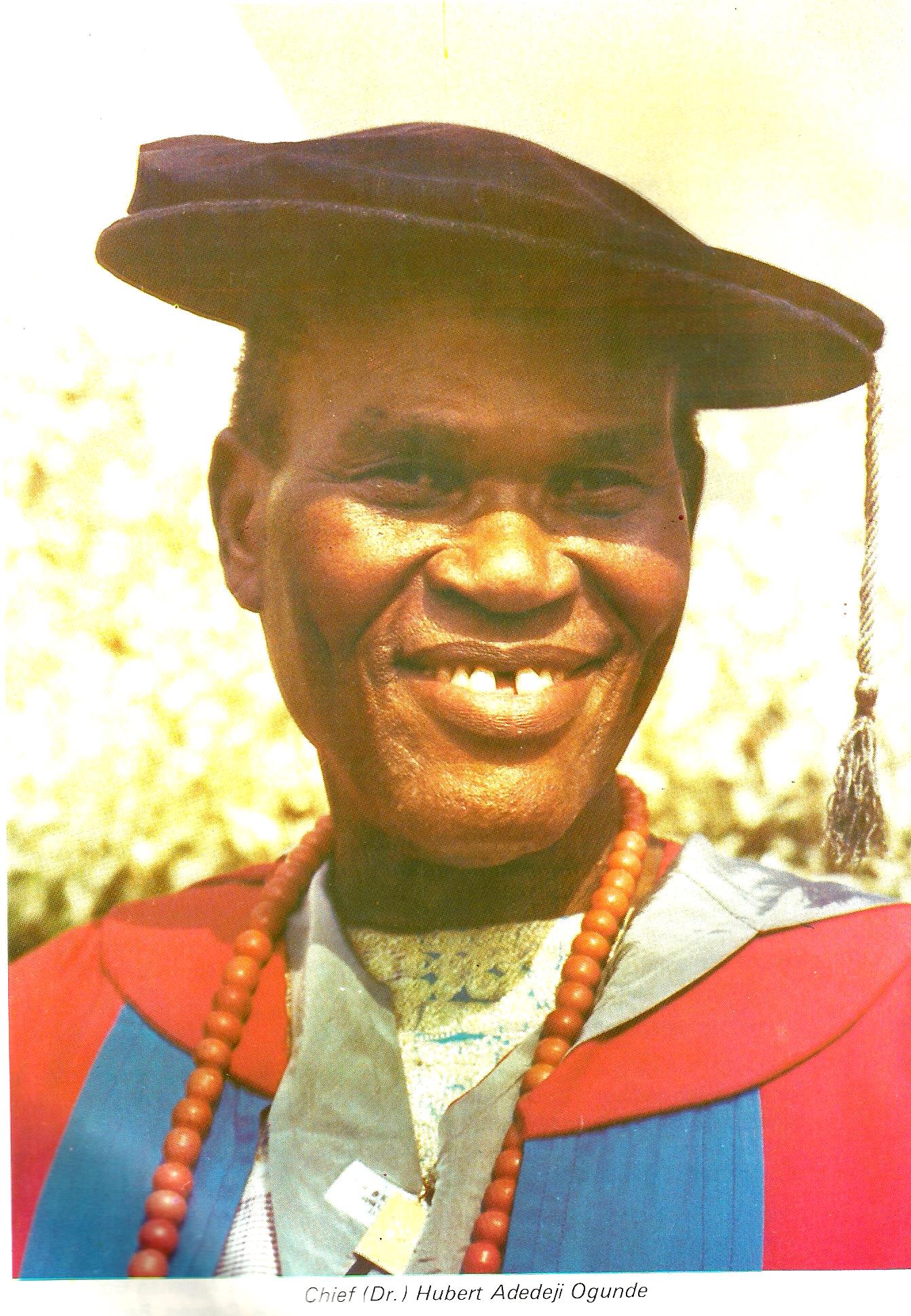 On Tuesday, February 18, 2020, while on a desk study, I come across this highly disturbing news on the wall of Punch Newspaper: “Reps order 400 exotic cars, reject Nigerian brands.” What! House of Representative members, 360 of them want 400 units of Toyota Camry 2020 (priced between N26.75m and N35.75m for V6 engine-about 6 billion naira) with cost excluding the cost of shipping, import duty which is 70 percent of the net cost and other clearing charges and taxes at the port. This is coming after rejecting Innoson Vehicles Manufacturing, a Nigerian brand based in Nnewi, Anambra State. In a country where 33.5 percent has been estimated as the unemployment rate for 2020 by the National Bureau of Statistics. Leading to concomitant high rate of crimes and criminality, including mass murders, insurgency, militancy, armed robbery, kidnappings, fraud, ritualism, suicide, and drug abuse, among others. By extension, ‘the global poverty capital (World Bank, 2018)’.
On Tuesday, February 18, 2020, while on a desk study, I come across this highly disturbing news on the wall of Punch Newspaper: “Reps order 400 exotic cars, reject Nigerian brands.” What! House of Representative members, 360 of them want 400 units of Toyota Camry 2020 (priced between N26.75m and N35.75m for V6 engine-about 6 billion naira) with cost excluding the cost of shipping, import duty which is 70 percent of the net cost and other clearing charges and taxes at the port. This is coming after rejecting Innoson Vehicles Manufacturing, a Nigerian brand based in Nnewi, Anambra State. In a country where 33.5 percent has been estimated as the unemployment rate for 2020 by the National Bureau of Statistics. Leading to concomitant high rate of crimes and criminality, including mass murders, insurgency, militancy, armed robbery, kidnappings, fraud, ritualism, suicide, and drug abuse, among others. By extension, ‘the global poverty capital (World Bank, 2018)’.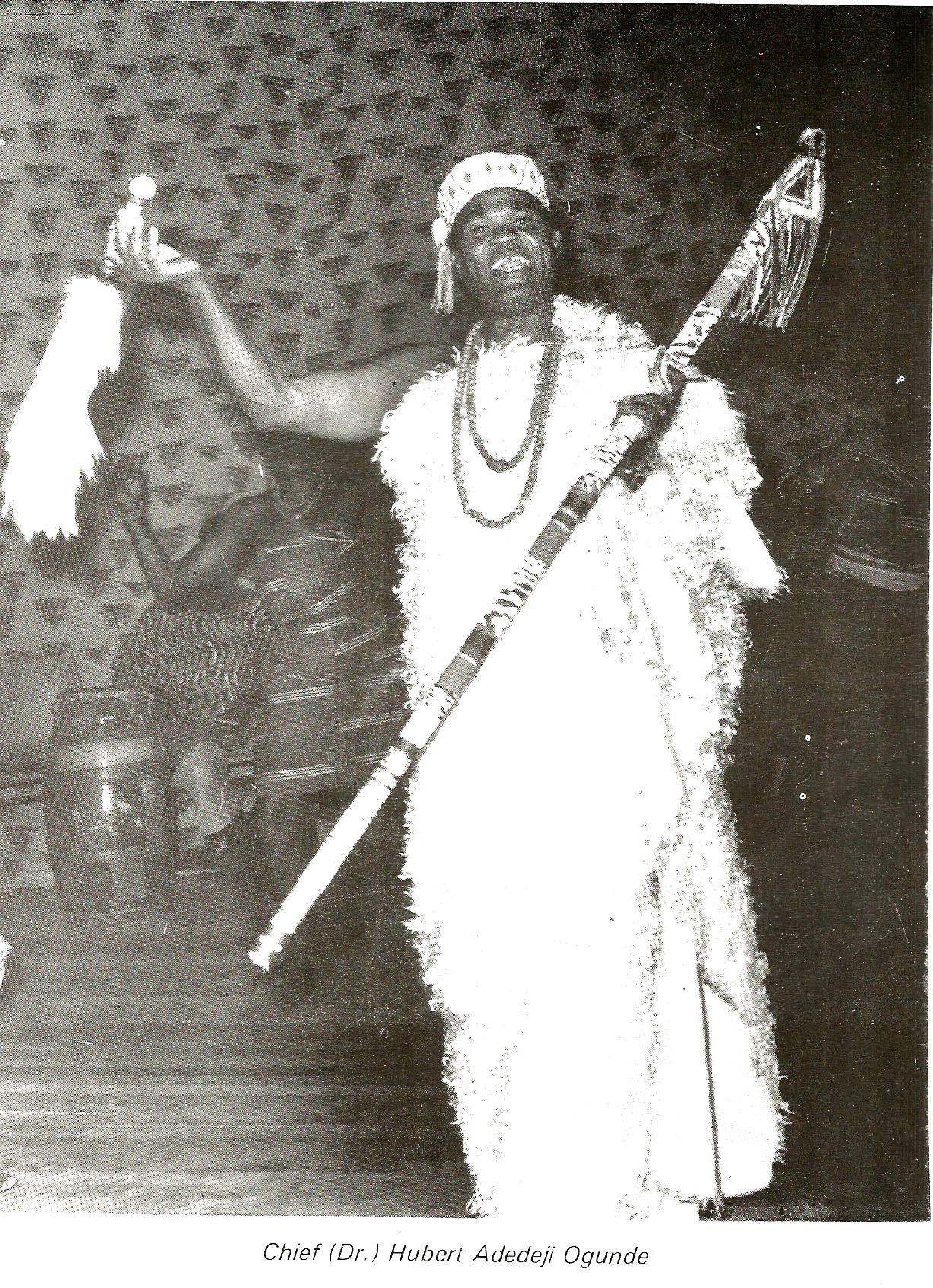
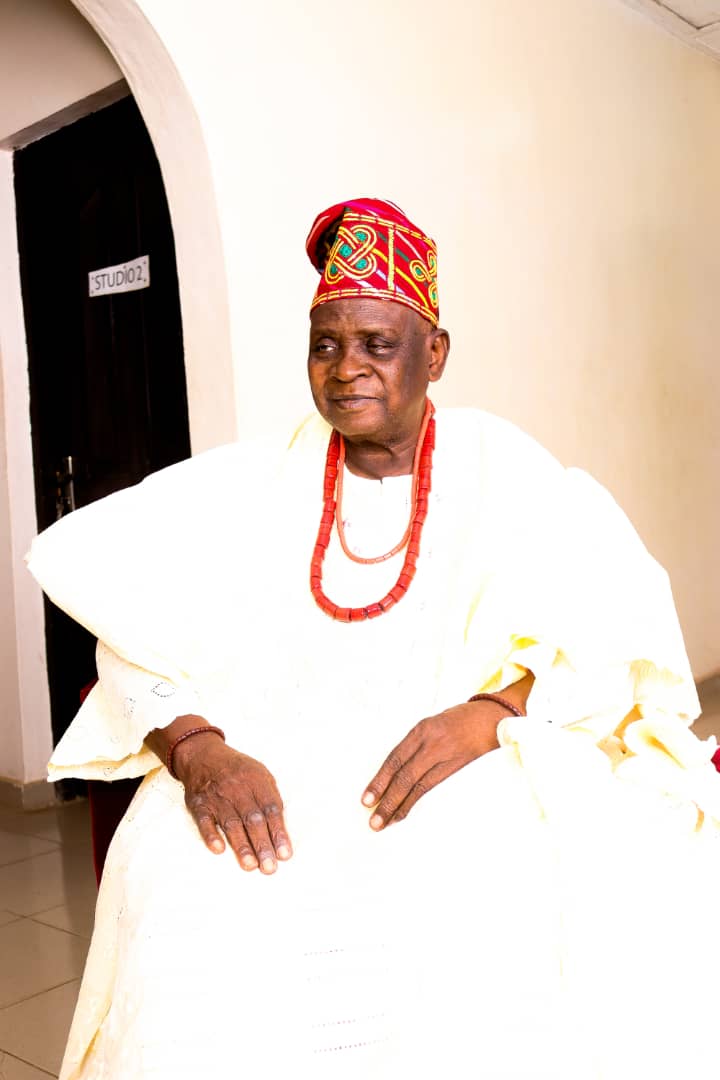
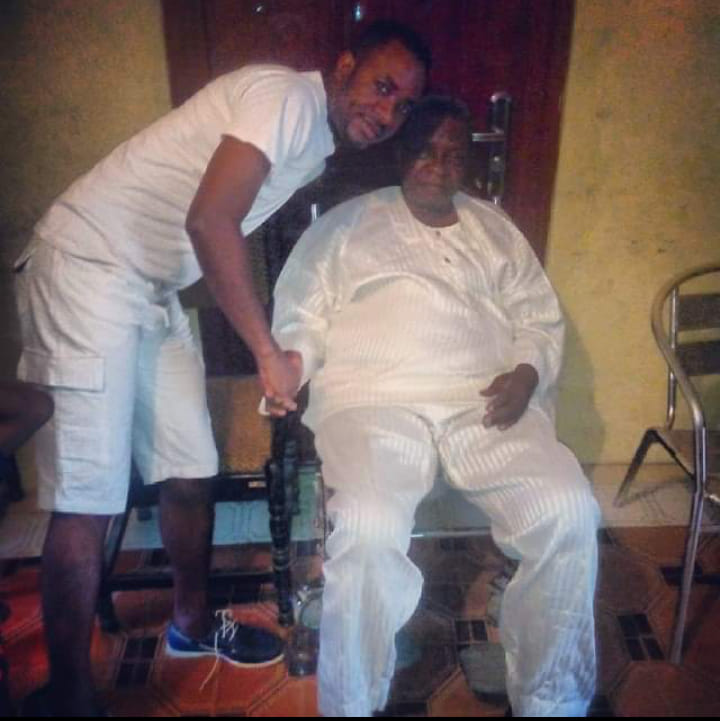 Odi gbere
Odi gbere